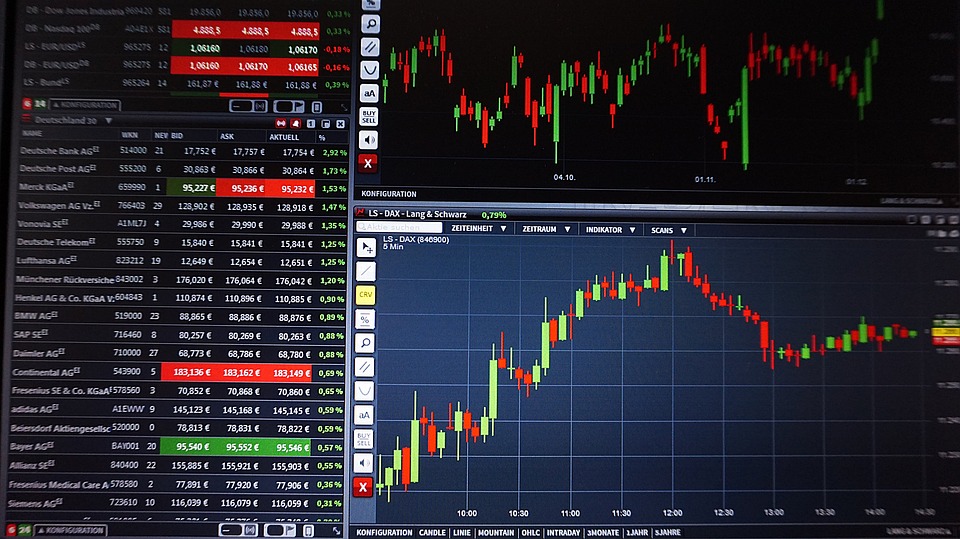The Basics of Forex Trading: What Every Beginner Should Know
Forex trading, also known as foreign exchange trading, is the buying and selling of currencies on the foreign exchange market. It is a decentralized market where currencies are traded electronically over-the-counter. If you are new to forex trading, it can seem overwhelming at first. However, with a solid understanding of the basics, you can start trading with confidence. Here is what every beginner should know:
Understanding the Forex Market
The forex market is the largest financial market in the world, with trillions of dollars traded daily. It operates 24 hours a day, five days a week, and is influenced by various factors such as economic indicators, geopolitical events, and central bank policies. Understanding how these factors impact currency prices is crucial for successful trading.
Major Currency Pairs
When trading forex, you will be dealing with currency pairs. The most commonly traded pairs are known as the major pairs, which include the US dollar, euro, Japanese yen, British pound, Swiss franc, Canadian dollar, and Australian dollar. These pairs are considered the most liquid and widely traded in the market.
Trading Platforms
To participate in forex trading, you will need a trading platform provided by a broker. The platform allows you to place orders, monitor price movements, and analyze charts and technical indicators. It is essential to choose a reliable and user-friendly platform that suits your trading style and preferences.
Risk Management
Forex trading involves a high level of risk due to the volatility of the market. It is crucial to have a risk management strategy in place to protect your capital and minimize losses. This may include setting stop-loss orders, diversifying your trades, and avoiding over-leveraging your account.
Technical and Fundamental Analysis
Two primary methods used in forex trading are technical analysis and fundamental analysis. Technical analysis involves studying historical price data and chart patterns to predict future price movements. Fundamental analysis, on the other hand, focuses on economic indicators, news events, and market sentiment to make trading decisions.
FAQs
Q: What is leverage in forex trading?
A: Leverage allows traders to control a larger position with a smaller amount of capital. While leverage can amplify profits, it also increases the risk of significant losses.
Q: How do I choose a forex broker?
A: When selecting a forex broker, consider factors such as regulation, trading platform, customer service, fees, and available trading instruments. It is essential to choose a reputable broker with a good track record.
Q: What is a pip in forex trading?
A: A pip, or percentage in point, is the smallest price movement in a currency pair. Most currency pairs are quoted to four decimal places, with one pip representing a one-unit movement in the fourth decimal place.
Overall, forex trading can be a rewarding venture for those willing to put in the time and effort to learn the basics. By understanding the fundamental concepts and implementing sound risk management strategies, beginners can navigate the market with confidence and potentially achieve success.
For more information on forex trading basics, check out this link.
 glitzo Shine Bright with Glitzo
glitzo Shine Bright with Glitzo




